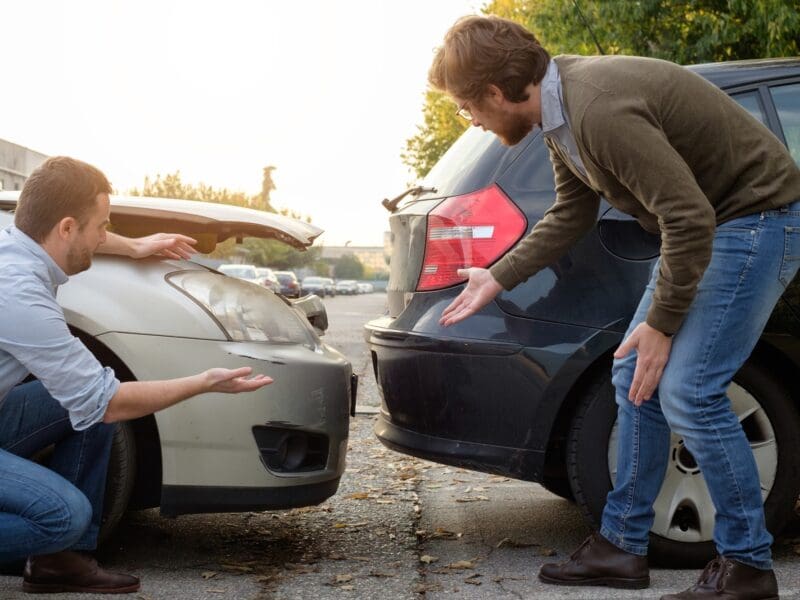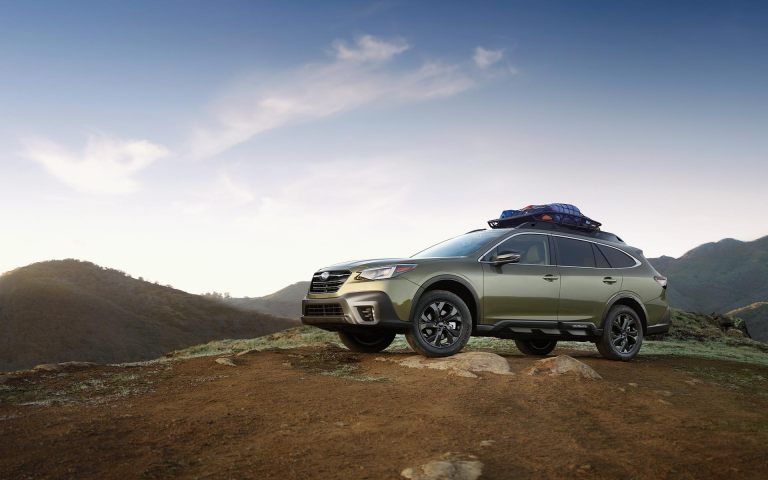
10 Tips for Buying a Used Car: What to Look for and Avoid
Buying a used car can be a great way to save money compared to buying a new one. However, it’s important to approach the process with caution. There are several things to consider when buying a used car in order to avoid potential problems and ensure you get a reliable vehicle. In this article, we’ll provide 10 tips for buying a used car, including what to look for and what to avoid.
Determine Your Budget
To acquire a used car, you must first decide how much you can afford to pay. Consider not only the purchase price of the vehicle but also any additional costs such as taxes, registration fees, and insurance. It’s important to have a realistic budget in mind before you start shopping.
Research the Vehicle
Before making a significant investment in a vehicle, it’s important to do your homework and research the make and model you’re interested in. This includes looking into the car’s reliability rating and any common issues that may arise with the vehicle. By taking the time to familiarise yourself with the car’s strengths and weaknesses, you can make a more informed decision and avoid potentially costly repairs down the line.
Have the Car Inspected
Even if the vehicle history report looks good, it’s still important to have the car inspected by a mechanic before you buy it. A mechanic can identify any underlying issues with the car that may not be evident during a test drive. If the seller won’t allow an inspection, that’s a red flag. Getting a mechanic inspection is a key part of this process, as it can help you avoid costly surprises down the road. So, if you’re considering buying a car from Carvana or any other dealership, be sure to schedule a mechanic inspection before finalising the purchase.
Take a Test Drive
When buying a used car, taking it for a test drive is an essential step in the evaluation process. It’s important to get a feel for the car’s handling and performance, as well as to check for any issues that may not be apparent during an inspection.Be aware of any unusual vibrations or noises, and make sure to try all the features, including the power windows, radio, and air conditioning. Keep in mind that a test drive is also an opportunity to see if the car is comfortable and meets your driving needs. If you’re buying a car from Carvana, you can take advantage of their unique virtual test drive feature. This allows you to test drive a car from the comfort of your own home, using a 360-degree view of the car’s interior and exterior. While it’s not a substitute for an in-person test drive, it can be a helpful tool in narrowing down your options and making a more informed decision.
Negotiate the Price
Once you’ve determined that the car is in good condition, it’s time to negotiate the price. Use the information you’ve gathered from your research and inspection to make an informed offer. Be prepared to walk away if the seller won’t come down to a reasonable price. Add more line in this
Negotiating the price of a used car can be intimidating, especially if you’re not sure what a fair price is. That’s why it’s important to do your research ahead of time. Look up the average price for the make and model you’re interested in, taking into account factors such as mileage, age, and condition. Use this information to make an informed offer that’s fair to both you and the seller. Keep in mind that the seller may have their own expectations for the price, but don’t be afraid to negotiate.
Beware of “Too Good to be True” Deals
Deals that look too good to be true usually are. Cars that are marked down greatly from their market worth should be avoided since they can be a fraud or indicate hidden problems. While it’s always tempting to go for a great deal, it’s important to be cautious when buying a used car. Cars that are priced significantly below market value may have hidden issues, such as undisclosed accidents or mechanical problems. In some cases, the seller may be intentionally selling a car that has been salvaged or has a salvage title.
These types of scams can leave buyers with a car that’s not only unreliable but also potentially unsafe to drive. Always do your research and be willing to walk away if a deal seems too good to be true. Remember, there are plenty of other used cars out there, and it’s better to take your time and find a reliable one than to rush into a bad deal.
Check the Vehicle History Report
Once you’ve done your research and narrowed down your options, it’s time to start looking at specific cars. When you find a car you’re interested in, obtaining a vehicle history report is a crucial step in the buying process. This report will provide you with important information about the car’s past, such as whether it has been in any accidents, how many owners it’s had, and whether it has a salvage title. Also If you’re considering purchasing a car from Carvana, you can also obtain a vehicle history report for any vehicle in their inventory.
Check for Liens
When purchasing a secondhand car, it’s crucial to check for liens as it can prevent future legal and financial problems. Liens can arise for a variety of reasons, such as unpaid loans or taxes, and they give the lienholder the right to seize the car if the debt is not paid. If you buy a car with a lien, you could end up being responsible for paying off the debt, even if you weren’t the one who incurred it. To check for liens, you can obtain a vehicle history report or contact your state’s department of motor vehicles.
Get Everything in Writing
When purchasing a secondhand automobile, getting everything in writing is crucial as it can help avoid misunderstandings and protect you in the event of any problems. Make sure to document all the details of the sale, including the purchase price, any warranties or guarantees, and any promises made by the seller. This can be done through a written agreement or contract, which should be signed by both you and the seller. If the seller is not willing to provide a written agreement, that could be a red flag.
Take Your Time
Buying a used car is a major purchase, and it’s important to approach it with care and patience. Rushing into a deal without proper research and inspection could lead to costly mistakes down the line. Take your time to research the make and model you’re interested in, inspect the car thoroughly, and take it for a test drive. This will help you get a sense of the car’s condition and whether it meets your needs and expectations.
Conclusion
Buying a used car can be a smart financial decision, but it’s important to approach the process with caution. By following these 10 tips, you can avoid potential problems and find a reliable vehicle that meets your needs and budget.







